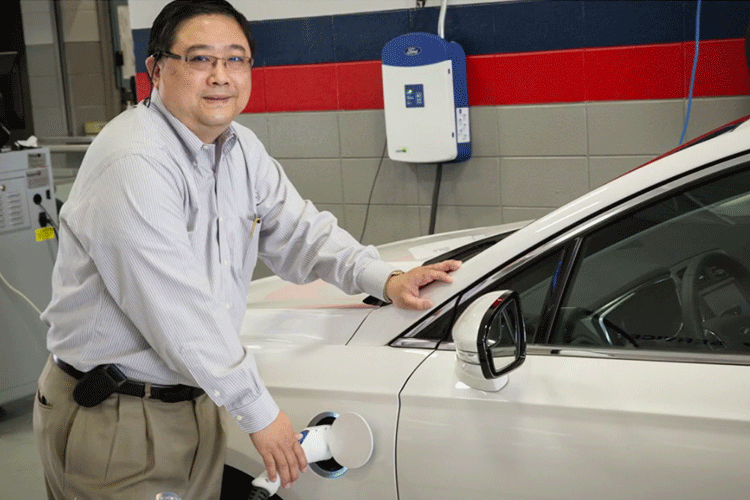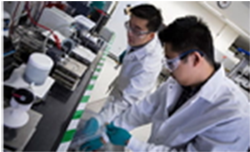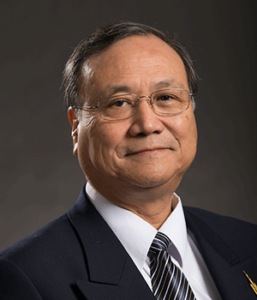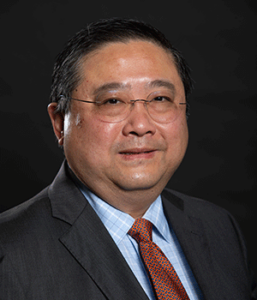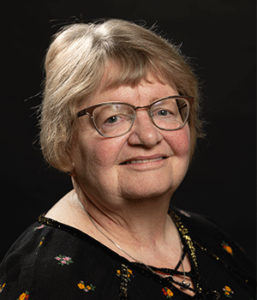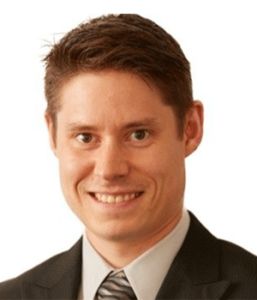Engineering MS: Energy Engineering MS
The Master of Science (MS) in Energy at UWM addresses issues related to the efficient generation, transfer, conversion and use of thermal/electrical energy.
Students will focus on solving problems related to the design of future power devices and systems and improving systems that deliver or consume electrical energy in a reliable and economical manner. Students will also need to consider various approaches to reducing environmental impacts such as planning for renewable energy sources.
Program Type
Master’s
Program Format
On Campus
How UW-Milwaukee Engineers are Changing the World: ENERGY
UW-Milwaukee College of Engineering & Applied Science researchers are collaborating with industry, government and academic partners to find new ways to improve access to energy, increase energy storage and advance the viability of renewable energy sources.
What to Expect
This MS is designed for both working professionals and aspiring researchers so most lectures are held in the evening to allow for dual commitments. Students may choose either a thesis option (30 credits) or a non-thesis option (31 credits) depending on their career goals. See the academic catalog for specific requirements.
More Information
Contact the College of Engineering & Applied Science Graduate Programs Office.
We’re a top tier R1 research university and our students have the opportunity to work with faculty engaged in cutting-edge research in areas such as:
- Alternative fuels
- Batteries of all kinds
- Electric vehicles, aircraft and ships
- Energy systems and renewable energy
- Smart Grid systems
For a full list of UWM research labs, centers and institutes, click here.
Faculty
- Richard and Joanne Grigg Faculty Fellowship
- Professor, Mechanical Engineering
- Director, Industrial Assessment Center (IAC)
- amano@uwm.edu
- 414-229-2345
- University Services and Research 201L
- Johnson Controls Endowed Professor in Energy Storage Research
- Department Chair, Mechanical Engineering
- UWM Distinguished Professor
- qud@uwm.edu
- 414-251-5817
- Engineering and Mathematical Sciences E308
Advising
- Advisor, Graduate Programs
- Computer Science, Electrical Engineering, Biomedical Health Informatics
- crary@uwm.edu
- 414-229-7267
- Engineering & Mathematical Sciences E379
- Advisor, Graduate Programs
- Civil/Environmental Engineering, Mechanical Engineering, Biomedical Engineering, Industrial/Manufacturing Engineering, Materials Science & Engineering
- rpackard@uwm.edu
- 414-251-8543
- Engineering & Mathematical Sciences E379
UWM is proud to be one of the few R1 research universities in Wisconsin. We’re also a top externally funded institution with robust opportunities for teaching and research assistantships. Partners that support our important research include:
- Environmental Protection Agency
- National Institute for Health
- National Academy of Sciences, Engineering & Medicine
- National Science Foundation
- United States Department of Defense
- United States Department of Energy
- Regional businesses: Johnson Controls, Rockwell Automation, Harley Davidson, We Energies

